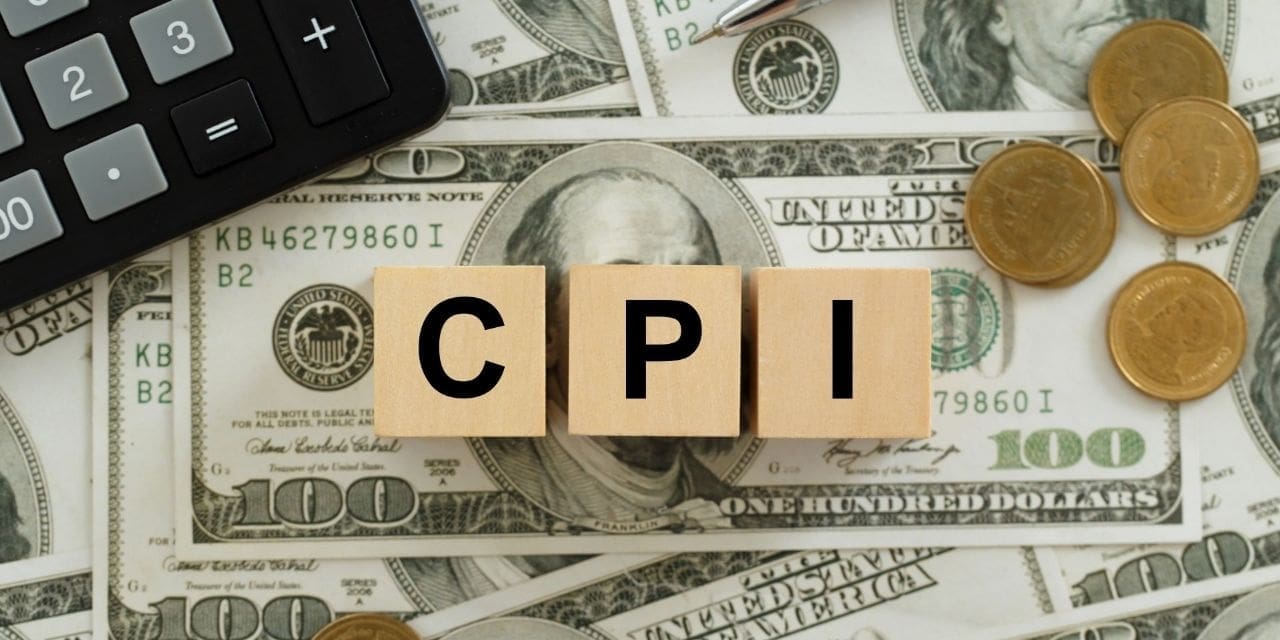The CPI inflation increased to 5.5% in September, up from 3.7% in August. Core inflation also saw a minor uptick of 10 bps to 3.5% in September. Nonetheless, it remained relatively benign, remaining below the 4% threshold for the eleventh consecutive month.
Food inflation remains a concern. It increased to 8.4% as the favourable base effects from the previous two months waned. Vegetable inflation has reached its highest level in the past 14 months and edible oils have exited deflation for the first time in 19 months. Sequential momentum continues to be strong in certain categories, including vegetables, edible oils, pulses, and eggs. Risks to food inflation have not fully abated completely and need monitoring. Factors such as uneven monsoon, pre-harvest rainfall, and an increase in global edible oil prices add to the risks to food inflation. Although the monsoon was ~ 8% above normal, distribution issues persisted. Kharif sowing for pulses and some oilseeds has been below the historical average, which is concerning given their import dependence. Additionally, the extended monsoon season and recent pre-harvest showers increase the risk of crop damage. Apart from food price pressures, additional inflation risks arise from the external sector. The potential for a broadening conflict in the Middle East could disrupt supply chains and impact global energy prices, which would have ripple effects on the domestic economy. Furthermore, the announcement of economic stimulus in China has led to an increase in global commodity prices, particularly industrial metals over the past couple of weeks.
Looking ahead, the arrival of the Kharif harvest can ease some pressures on the food prices. The base effect is also expected to remain favourable in October and November. For FY25, we expect inflation to average 4.8%. We anticipate that there are chances of a shallow rate cut of 25 bps in the December policy, followed by another 25 bps in the February policy, provided food inflation moderates.

